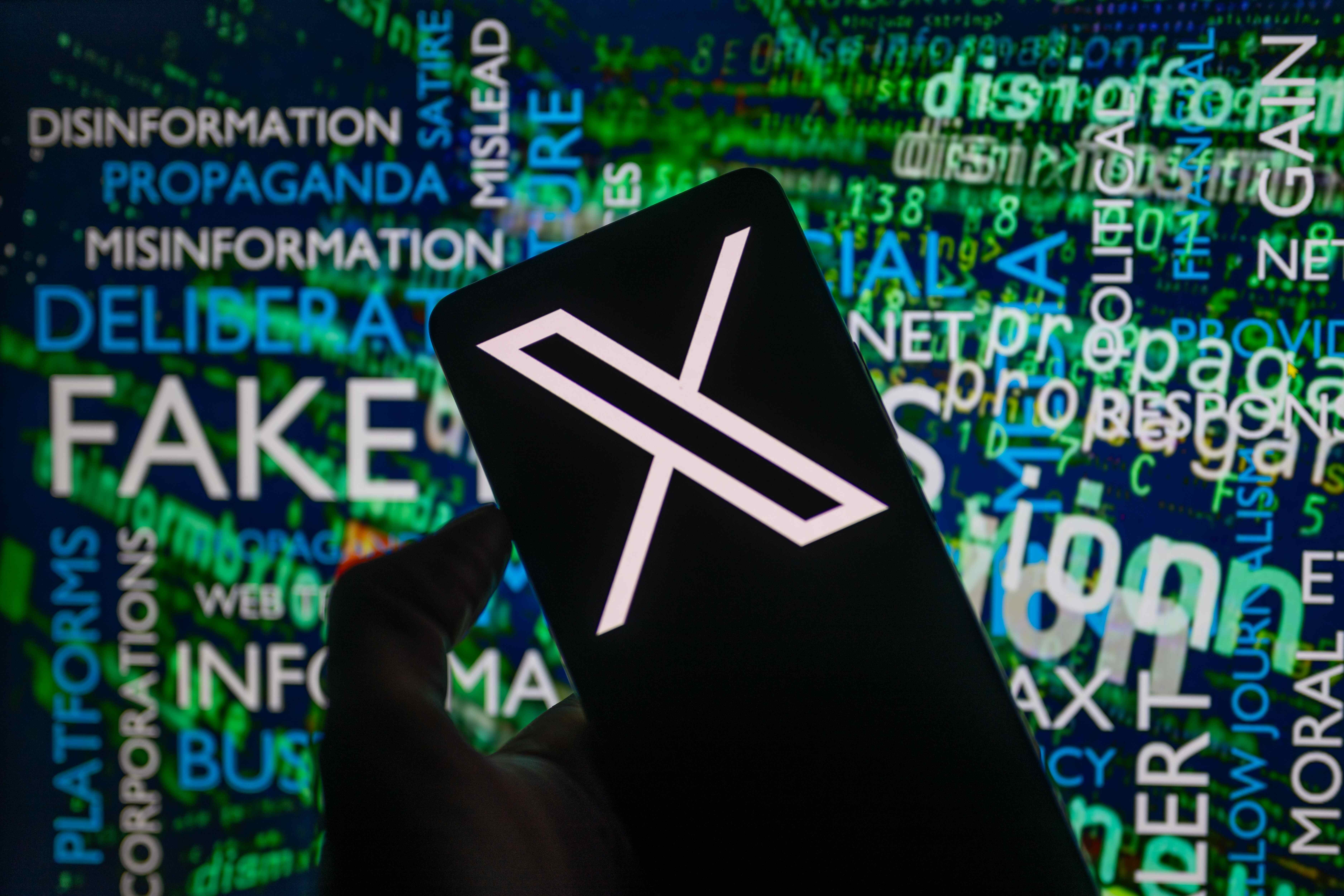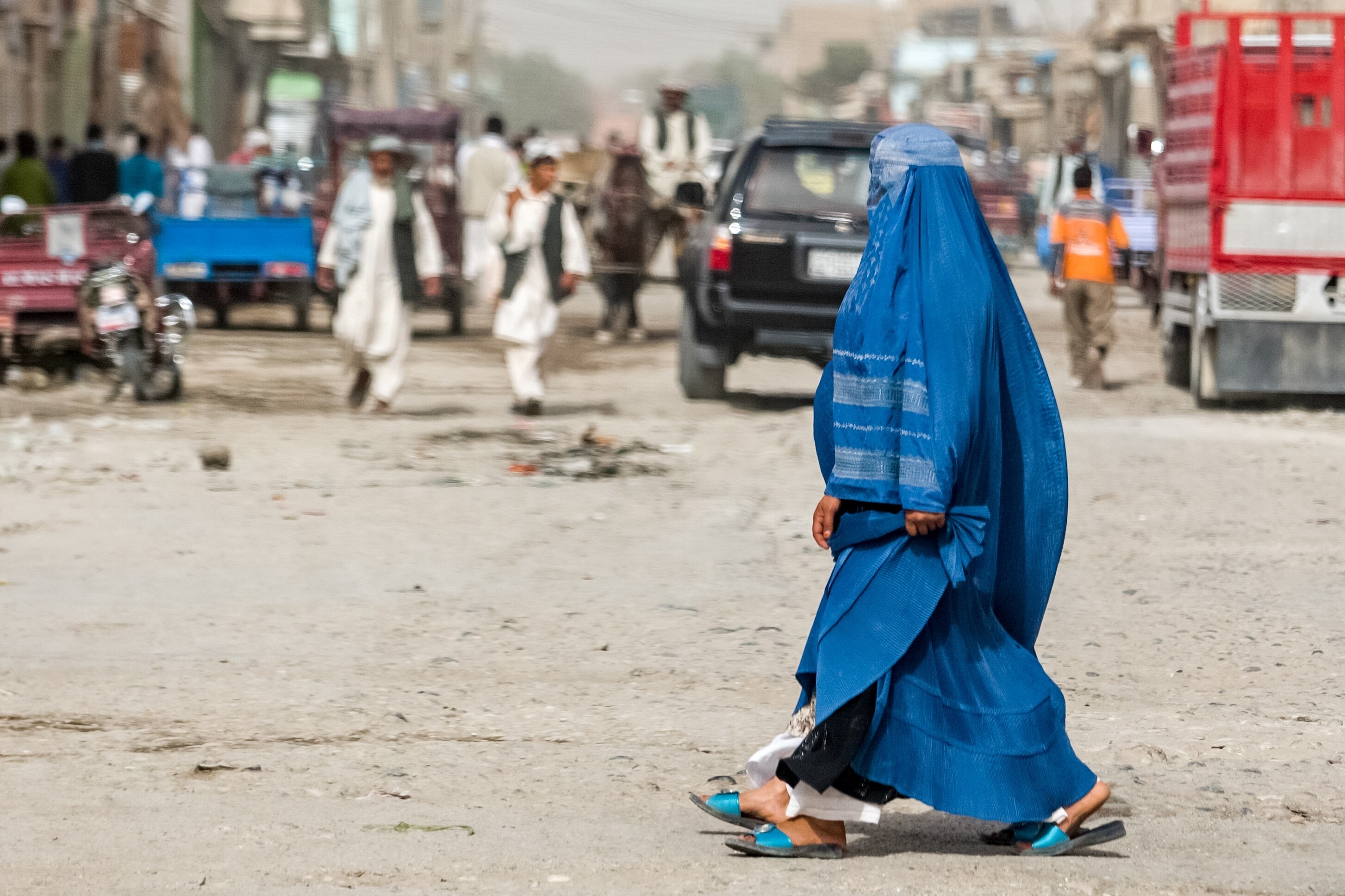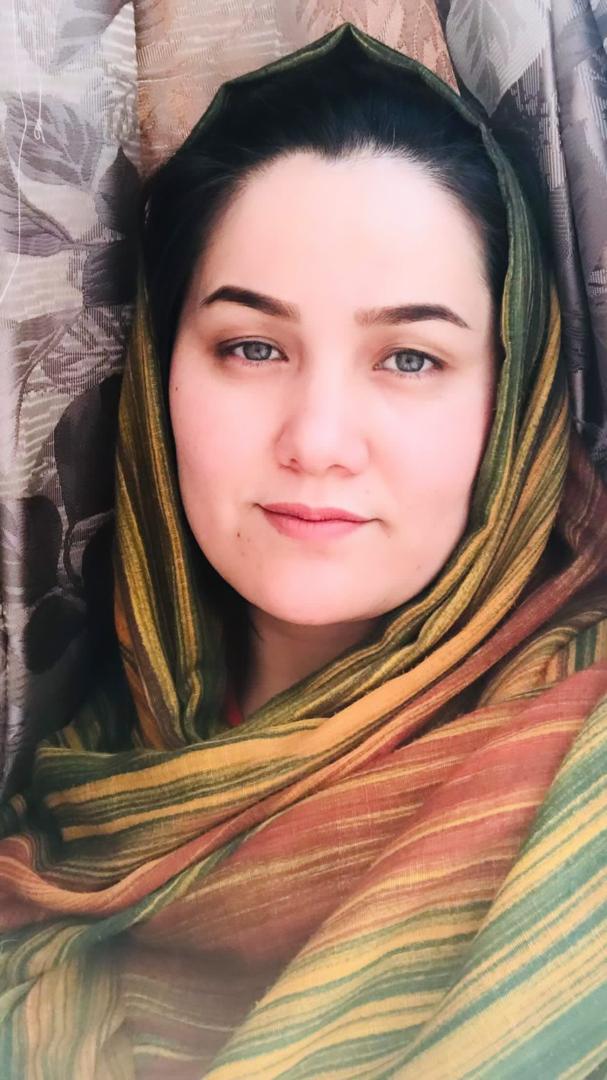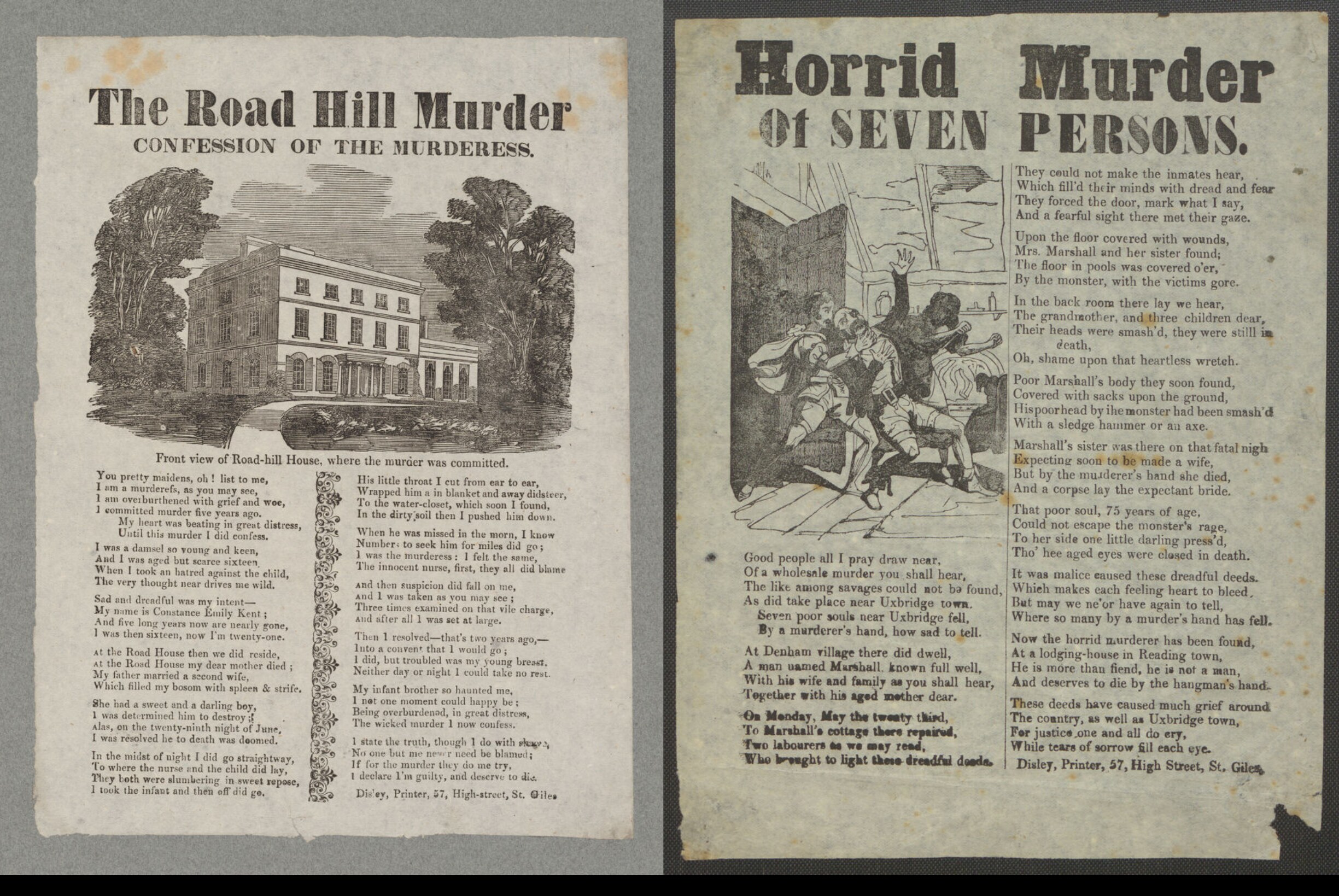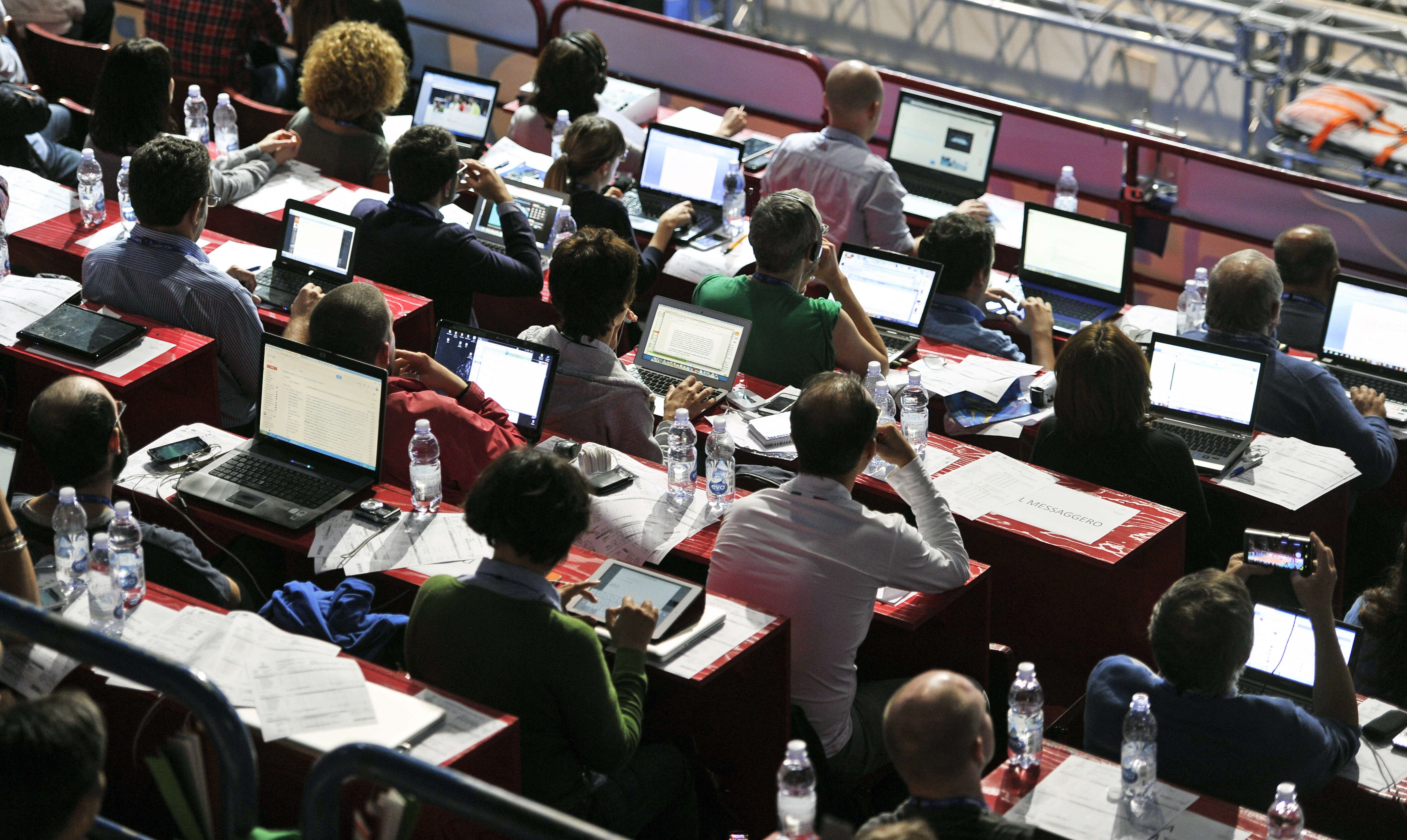في أعقاب الكشف عن استخدام برنامج التجسس الرقمي الإسرائيلي "بيغاسوس" في مراقبة صحفيين ونشطاء وقادة سياسيين، كتبت الخبيرة الأمريكية في مجال أمن المعلومات رونا سانديك في حسابها على تويتر؛ أن ثمة حاجة ملحة لتخصيص المزيد من الموارد من أجل حماية وسلامة النشطاء والمدافعين عن حقوق الإنسان والصحفيين، على الإنترنت. وأوصت سانديك المهتمين بقراءة كتاب صدر في يونيو/حزيران 2021 عنوانه: "أساسيات أمن المعلومات.. دليل للصحفيين ومديري غرف الأخبار" من تأليف سوزان مكغريغور، الباحثة في معهد علوم البيانات بجامعة كولومبيا الأمريكية، وتتولى رئاسة مركز البيانات والإعلام والمجتمع، وتركز أبحاثها ودراساتها على قضايا الأمان والخصوصية التي تؤثر على الصحفيين ووسائل الإعلام.
وتشرف مكغريغور حاليا على عدد من المشاريع البحثية الخاصة بمجال أمن وخصوصية الصحفيين، وعلى وجه الخصوص آليات كشف الخطاب الذي يستهدف الإساءة للصحفيين على وسائل التواصل الاجتماعي خاصة منصة تويتر.
وجاءت المؤلفة إلى معهد علوم البيانات في جامعة كولومبيا بعد فترة قضتها في كلية الصحافة بنفس الجامعة، حيث وضعت أول مقرر لصحافة البيانات بالكلية، وعملت مستشارة لبرنامج الصحافة والكمبيوتر في الكلية ذاتها.
دليل أساسي
ويعتبر الكتاب الذي نسعى لتقديم قراءة موجزة عن فصوله الـ14 في السطور التالية، دليلا أساسيا لحماية الصحفيين ومصادر الأخبار والمؤسسات الإعلامية في العصر الرقمي. وتقدم المؤلفة عبر صفحات الكتاب فهما منهجيا للموضوعات والجوانب الفنية والقانونية والمفاهيمية الأساسية التي ينبغي أن يلم بها كل من يعمل في مجال الصحافة سواء تعلق ذلك بممارسة المهنة في الميدان، أو مجال التدريب عليها.
وقد اعتمدت المؤلفة في موضوعات كتابها على خبراء وأكاديميين بارزين ومتخصصين بالمجال، يعملون في عدد من مؤسسات الإعلام الأمريكية مثل موقع بازفيد ووكالة أسوشيتدبرس للأخبار.
واستطاعت المؤلفة أن تضع المبادئ والأساليب الرئيسية الخاصة بأمن المعلومات للعاملين في المجال الإعلامي. واستندت على خبراتها السابقة صحفية في صحيفة وول ستريت جورنال، وباحثة جامعية، وتمكنت من تطوير أدوات وأساليب أمن المعلومات الخاصة بالصحفيين في كل مراحل إنتاج المواد الصحفية.
مرجع مهم
أجمع عدد من الباحثات المختصات بالمجال على أهمية الكتاب، باعتباره مرجعا مهما في المجال. وترى سارة كوهين المختصة في صحافة البيانات بكلية كرونكيت للصحافة، والحائزة على جائزة بوليتزر الأمريكية في مجال الصحافة الاستقصائية، أن كتاب مكغريغور مهم جدا للعاملين في مجال الإعلام ولطلاب الإعلام ولكل مهتم بأمن المعلومات، وتضيف أن ما تقدمه المؤلفة في هذا الكتاب يجعل الصحفيين محصنين من أي استهداف رقمي، ويوفر لهم الاستراتيجيات والخطط التي يمكن تطبيقها في أكثر من مجال.
وفي السياق ذاته، ترى هارلو هولمز مديرة الأمن الرقمي بمؤسسة حرية الصحافة الأمريكية أن المؤلفة تقدم في كتابها نظرة ثاقبة ومختلفة لما سمته بالممارسات الجديدة في مجال الأمن الرقمي.
وتعتقد ميرديث بروسارد مؤلفة كتاب "الذكاء الاصطناعي.. كيف تسيء أجهزة الكمبيوتر فهم العالم؟" أن الكتاب يغطي تقريبا كل ما يحتاجه الصحفيون ليكونوا آمنين في فضاء الإنترنت، من حماية المصادر إلى أمان الأجهزة والتشفير.
وتضيف بروسارد أنه بالرغم من التحولات المتسارعة التي يشهدها مجال التكنولوجيا؛ فإن المؤلفة استطاعت أن تمزج بين مفاهيم الأمان الأساسية وبين الفهم الدقيق للتكنولوجيا، وأن تقدم للصحفيين نصائح دائمة يمكن تكييفها مع كل تقدم تكنولوجي.
وهو الرأي الذي تتفق فيه معها رونا ساندويك المختصة في أمن الحواسيب حيث تعتبر أن المؤلفة تطرقت في كتابها إلى موضوع معقد، بيد أنها قدمته بطريقة سهلة وسلسلة وقابلة للتطبيق. وتشير سانديك إلى أن الكتاب يحتوي على معلومات أساسية ودراسات حالات، وإرشادات من خبراء على استعداد لتقديم الأسرار التي تعلموها، ولذلك فهو يعتبر مصدرا لا يقدر بثمن للعاملين في مجال الإعلام وخبراء الأمن السيبراني على حد سواء.
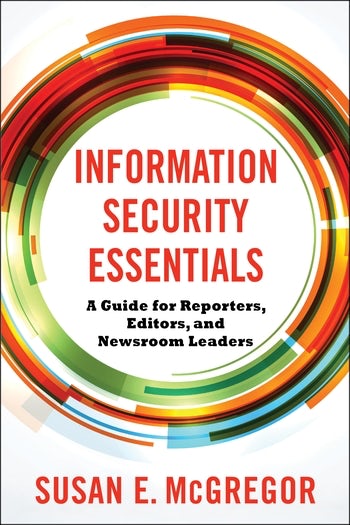
أجزاء وفصول الكتاب:
تقسم المؤلفة فصول الكتاب الـ14 إلى 5 أجزاء، حيث تقدم في الجزء الأول الذي يضم الفصول الأول والثاني والثالث، تاريخا عالي المستوى للعلاقة بين تكنولوجيا الاتصالات الرقمية والقانون الأمريكي الذي سهل، بل سمح بإمكانية المراقبة، ويقدم هذا الجزء ما سمته المؤلفة اثنين من الأدوات الفكرية اللازمة لتحسين أمن المعلومات وهما: "نمذجة التهديد" و" أشجار التهديد" أو ما يمكن تسميته بخرائط المصادر.
وبحسب المؤلفة فإن أداتي نمذجة التهديد وخرائط المصادر تتطلبان القليل من الخبرة التقنية، وباعتبارهما من الطرق التحليلية، فإنهما ضروريتان جدا للتخطيط والتفكير الفعال لما يتعلق بقضايا أمن المعلومات.
أما الجزء الثاني فيضم فصول الكتاب الرابع والخامس والسادس، وتخصصه المؤلفة لأدوار معينة في بيئة الأخبار التي تضم الصحفيين ومديري غرف الأخبار، وقيادات المؤسسات الصحفية. وتتطرق فيه لأسئلة أمن البيانات المعتادة التي تحتمها طبيعة الأدوار التي يؤديها كل شخص في الفئات المذكورة. وتركز المؤلفة في الفصول من الرابع وحتى السادس على أساسيات أمن المعلومات الخاصة بحساب الصحفي وحماية أجهزته ومصادره، إلى جانب كيفية إدارة المواد الخام الصحفية، مثل تسجيلات المقابلات، المسودات، ملفات البيانات، سواء كان ذلك في مقر العمل أو الميدان.
أما الجزء الثالث من الكتاب فيضم الفصول من السابع وحتى التاسع، وهو موجه إلى مسؤولي إدارات التحرير، ويركز على الموضوعات والنظم ذات العلاقة بعملية إدارة التحرير، مثل التواصل مع الصحفيين المستقلين، وضع سياسات فرق العمل، إدارة عملية تبادل المعلومات بين الصحفيين والمنتجين ومديري التحرير.
ويحتوي هذا الجزء على توصيات لتطوير التوجهات التي تقلل من المخاطر المتصلة بأمن المعلومات لمجمل فريق العمل.
ويشمل الجزء الرابع الفصول من العاشر وحتى الثاني عشر، وتخصصه المؤلفة لتزويد القيادات في المؤسسات الإعلامية بالاستراتيجيات المؤسسية اللازمة لتحسين أمن المعلومات، مثل إعادة هيكلة العلاقات بين هذه القيادات وفرق تكنولوجيا وأمن المعلومات، وبين غرف الأخبار، بهدف الوصول إلى سياسات التوظيف ووضع الميزانيات الخاصة بالتكنولوجيا لتلبية احتياجات المؤسسة.
وتقول المؤلفة إنها تركز على المستقبل في الجزء الخامس والأخير من الكتاب، الذي يتضمن الفصلين الثالث عشر والرابع عشر، خاصة في ظل بيئة غير مواتية للعمل الصحفي، حيث من المتوقع أن تتزايد الهجمات المنظمة والخبيثة على الصحافة في السنوات القادمة، بغية تقويض ثقة الجمهور في وسائل الإعلام.
تختتم المؤلفة كتابها الهام بالقول إنها تأمل أن يركز المعنيون بوسائل الإعلام على الإفادة من كتابها في تحسين وترقية أمن المعلومات؛ لأنه هو السبيل الوحيد لضمان سلامة مصادرهم، وموضوعاتهم الصحفية، وصحفييهم، وكذلك نوعية التغطيات الصحفية التي يقدمونها للجمهور مشددة على أن أمن المعلومات يعني اليقظة التامة، وهو ما سيسهم في المدى البعيد في ترقية العمل الصحفي.






























